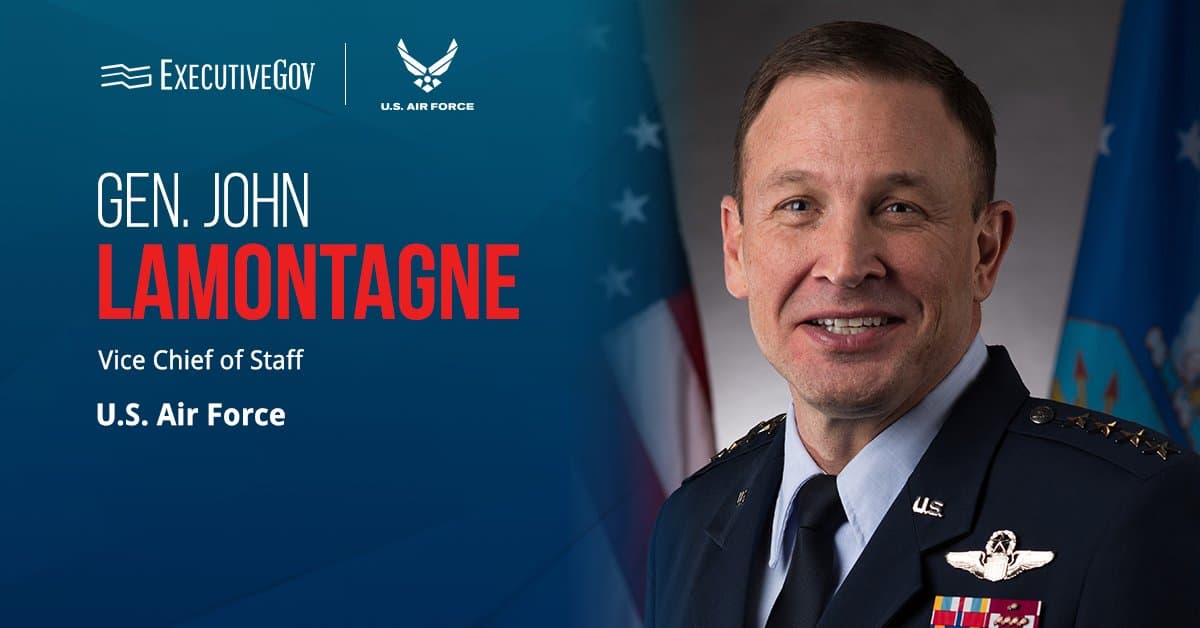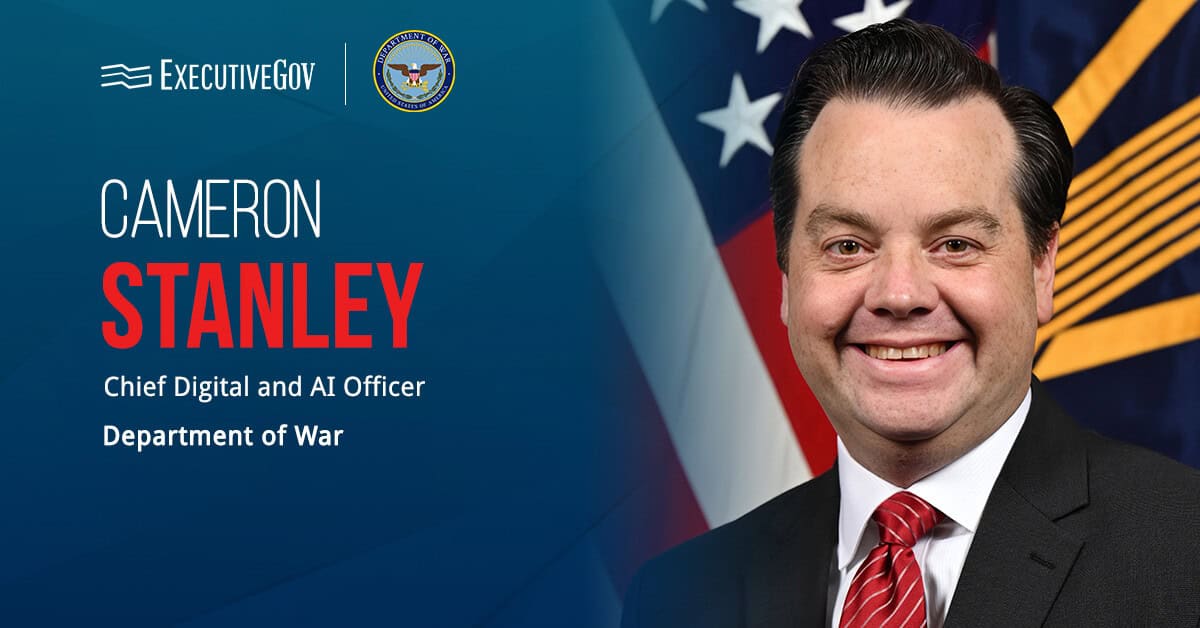
The Department of State plans to build a bureau to lead cybersecurity-related diplomatic efforts and work to prevent cyber conflict, Cyberscoop reported Wednesday. The department proposes the creation of the Bureau of Cyberspace Security and Emerging Technologies.
The proposed bureau’s establishment would require 80 staff and a $20.8 million budget, the report noted. A senate-confirmed ambassador would lead the bureau with authority of the same level as an assistant secretary of state.
The prospective leader would report to the undersecretary of state for arms control and international security. The State Department sent the proposal to the House Foreign Affairs Committee.





